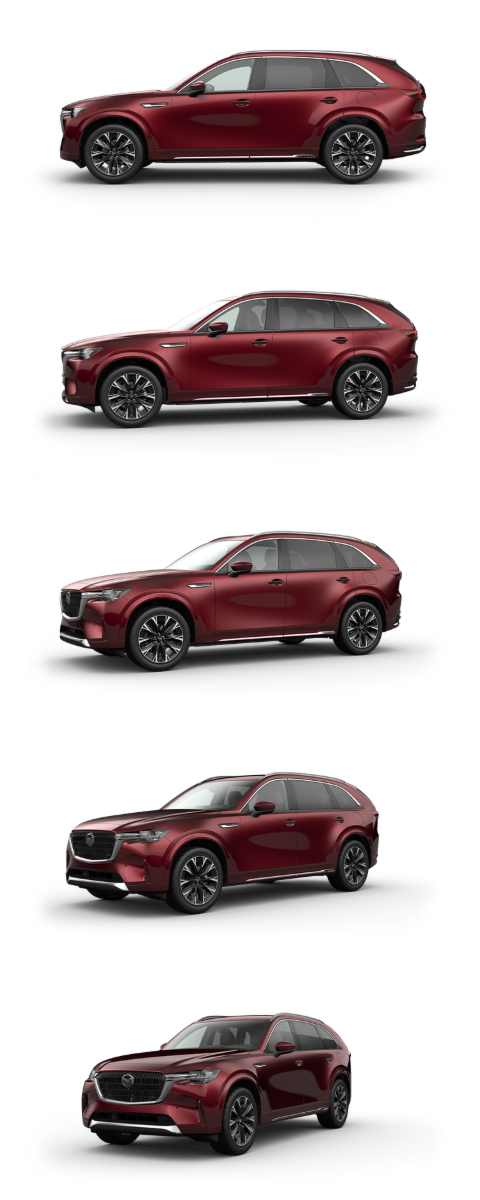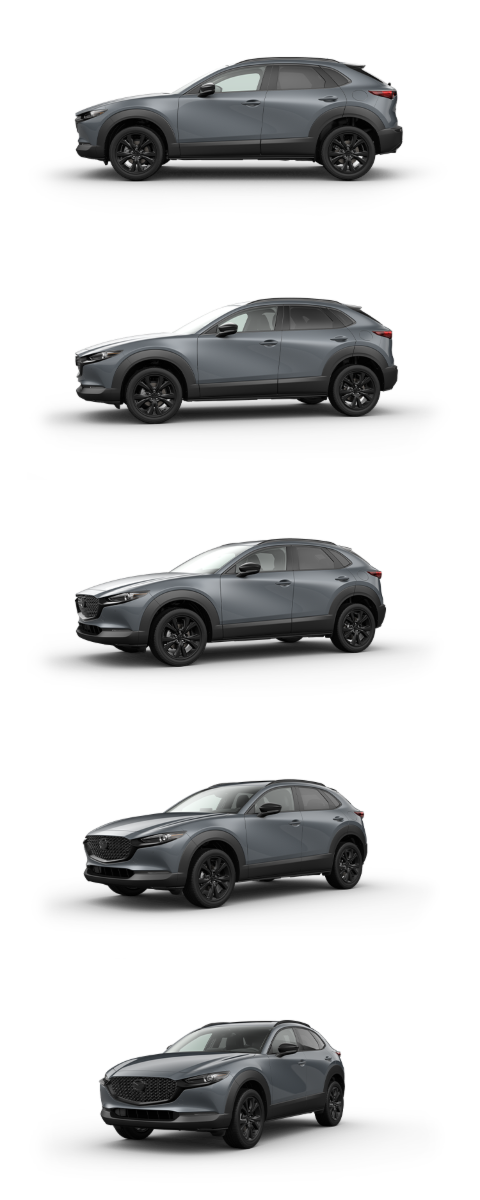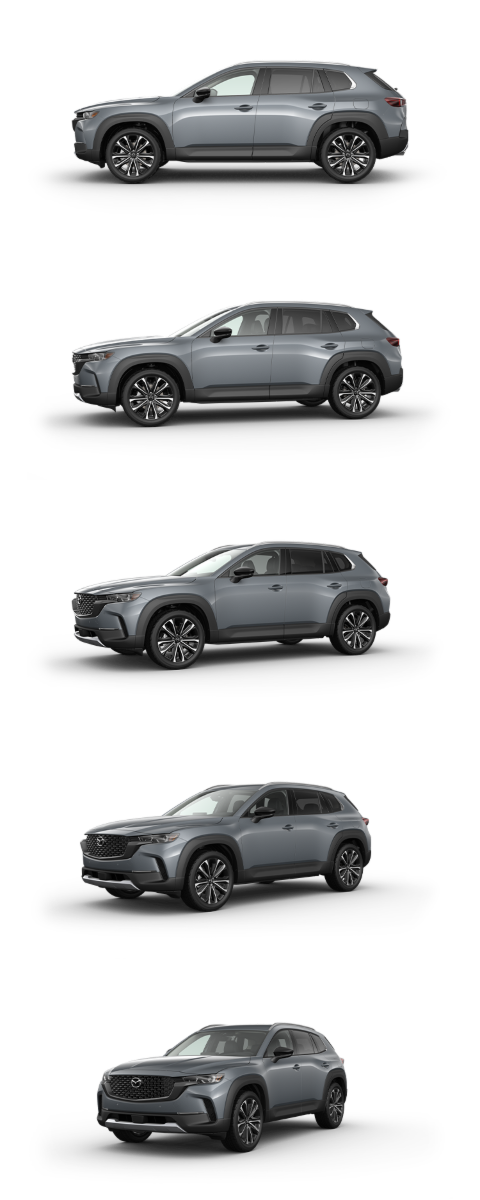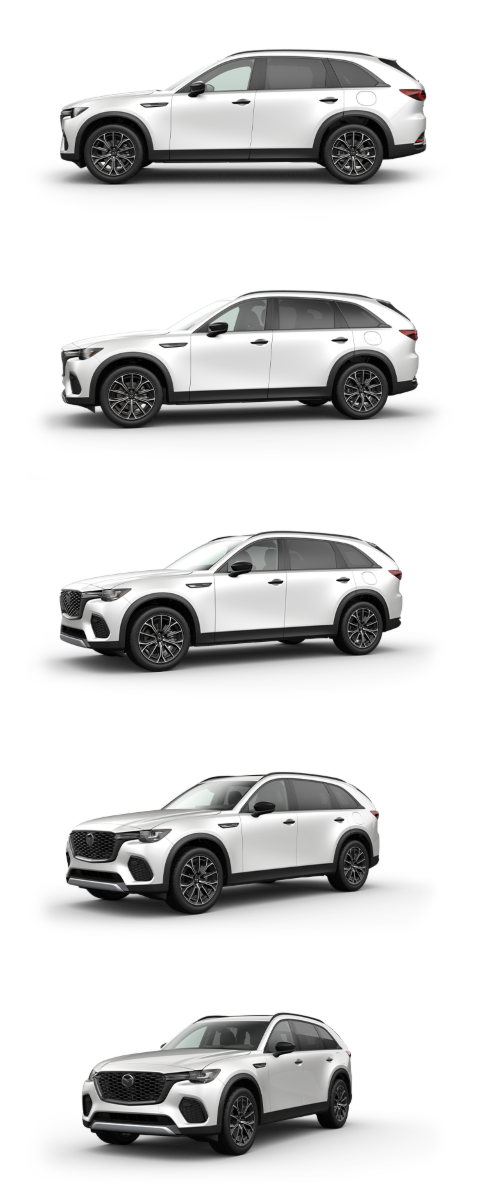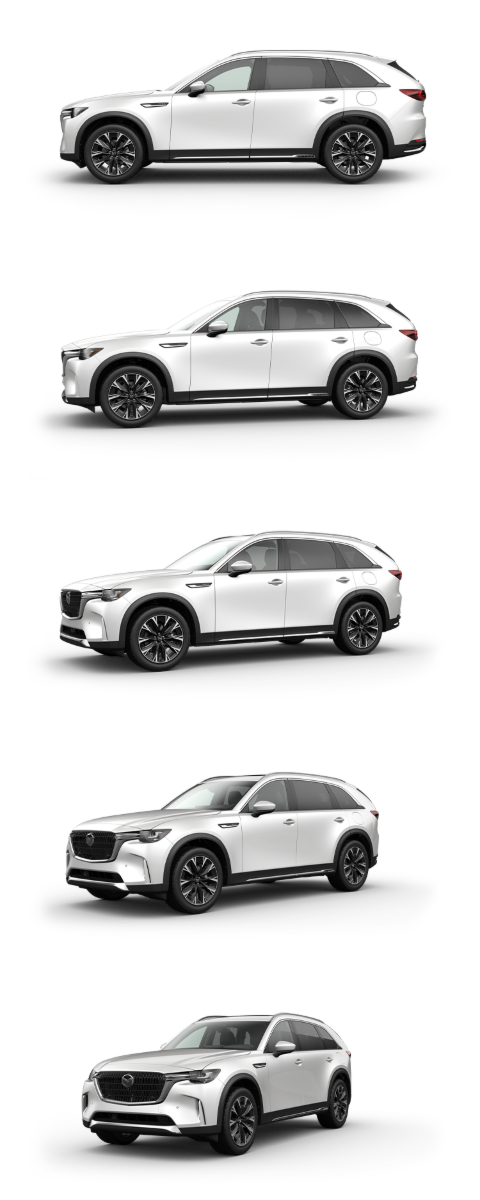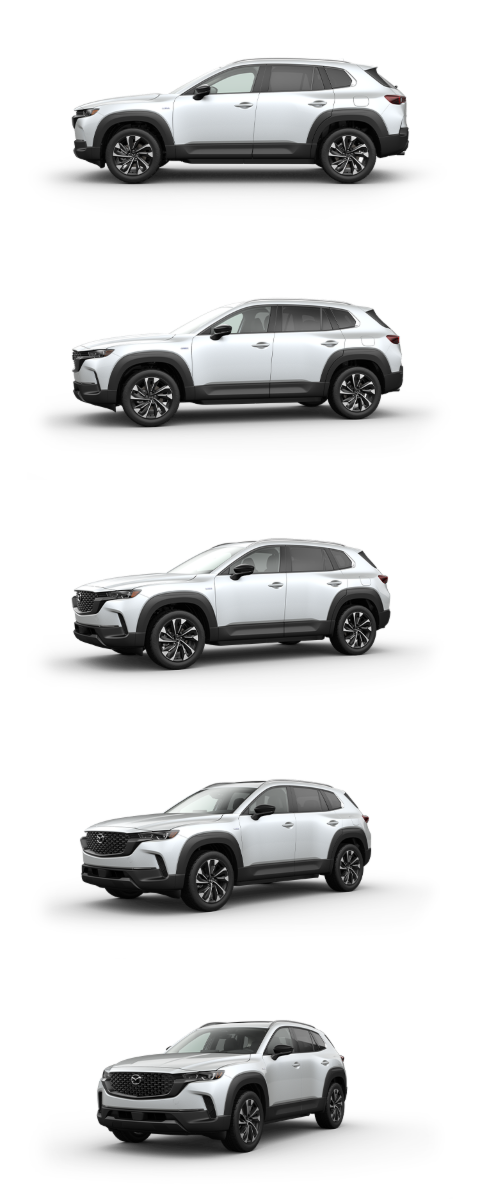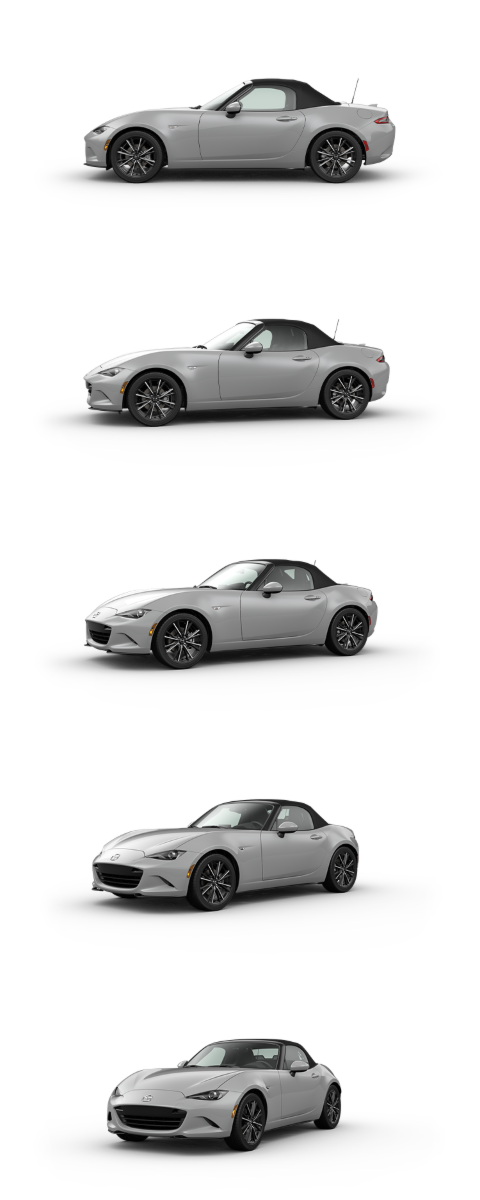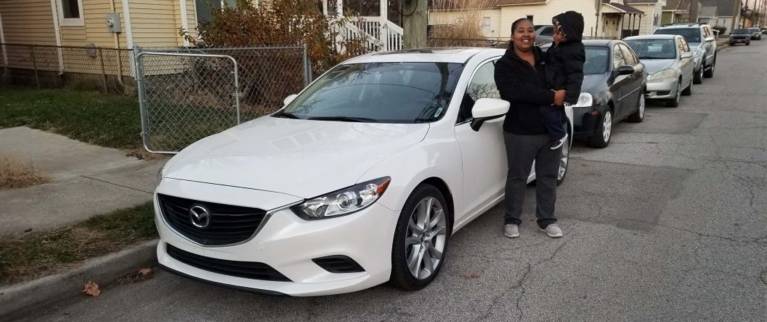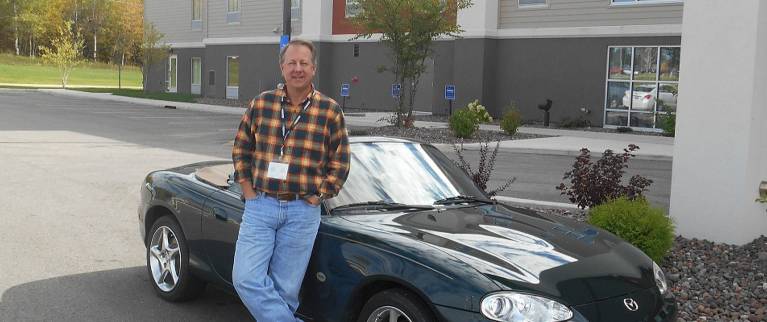Why Are My Brakes Squeaking?
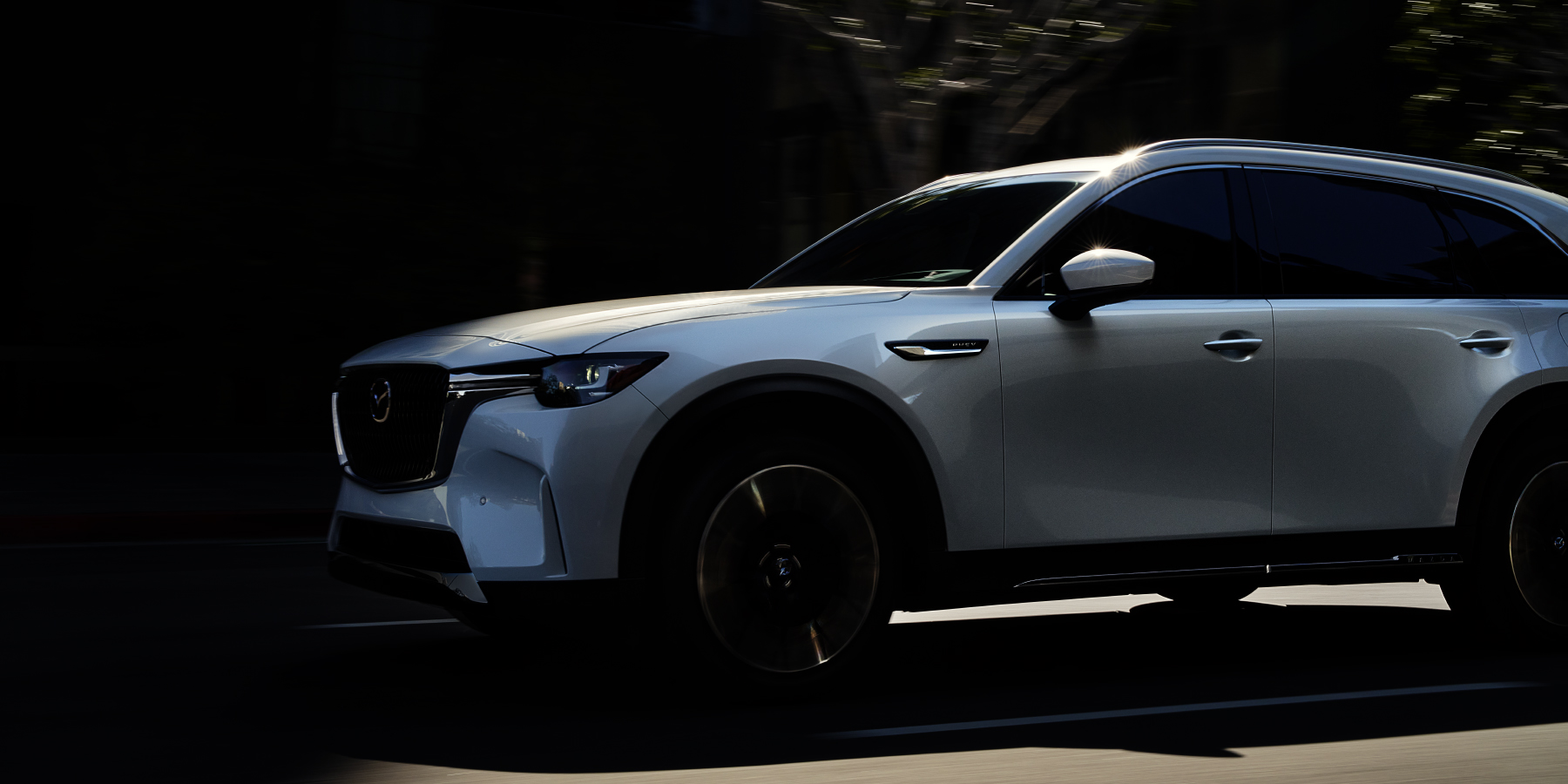
The most common reason for squeaky brakes is worn brake pads, brake shoes, rotors, or drums but your brakes may be squeaking for a variety of reasons — some innocuous, some requiring immediate attention, all rather frustrating. In this article, we'll delve into the most common reasons behind squeaking brakes and provide you with actionable solutions to address them before the problem escalates.
Braking systems are intricate and multifaceted, and this list runs the gamut of simple to complex fixes. In general, it’s always wise to visit a mechanic when you notice something is off with your vehicle’s braking system to help diagnose a problem before it becomes too costly.
If you hear a grinding sound when you brake or experience a sudden loss of brake power, take your car to a professional mechanic as soon as possible. Ignoring these signs may indicate imminent brake failure and compromised safety (yours and others) on the road.

6 reasons your brakes are squeaking
1. Worn, thinning brake pads
Why thinning brake pads cause your brakes to squeak: As you apply the brakes, a metal indicator embedded in the brake pad comes into contact with the brake rotor, producing that telltale squeak. This squeak is actually an intentional design feature intended to alert drivers that it's time to replace their brake pads. Most brake pads can last between 25,000-50,000 miles, depending on a driver’s braking habits (more on this later) and the type of brake pad used.
Vehicles have three main types of brake pads: organic, semi-metallic, and ceramic. Organic brake pads tend to be less expensive than other brake pads, but they wear out faster and produce a lot of dust. Semi-metallic brake pads, a popular option for many vehicles, offer great heat dissipation and braking performance, but their metallic composition tends to squeak more. Ceramic brake pads are the more costly option but last the longest and are the quietest at operating temperature.
No matter which type you have or opt for, squeaking is a sign that you should take your vehicle to a mechanic.
Issue level: Medium
Next steps: If you're experiencing squeaking due to worn brake pads, have your vehicle serviced sooner rather than later. Delaying the replacement of brake pads could lead to reduced braking efficiency and even damage the brake rotors, resulting in more costly repairs and a dangerous driving situation.
2. A buildup of dust and debris
Why dust and debris can cause your brakes to squeak: Driving on dusty, sandy, slushy, or dirty roads can lead to the accumulation of debris on your brake components. This buildup can create additional friction between the brake pads and the rotors, causing a squeaking sound. Brake dust, a byproduct of brake pad wear, can also contribute to this problem.
Issue level: Low
Next steps: The good news is that if dust and debris are causing the squeaking, it’s an easy fix. Typically, cleaning or sanding down the surface or a few applications of the brakes are enough to scrape off lingering residue from its components. However, if the problem persists, it's wise to have a professional inspect and clean the brake components to avoid potential damage.
3. A thin layer of rust
Why moisture can cause your brakes to squeak: If you live in an area prone to constant humidity, rain, or snow, you might notice your brakes squeaking frequently. Moisture and humidity can cause a thin layer of rust to develop on the brake rotors, creating uneven surfaces that lead to squeaking when the brake pads come into contact with the rotors.
Issue level: Low
Next steps: Like dust and debris, if the squeaking is due to rust, it's likely to go away after a few braking applications. To prevent this issue in the future, consider parking your vehicle indoors, especially when outdoor conditions are humid or wet.
4. Glazing
Why your driving habits can cause your brakes to squeak: Glazing occurs when the brake pads become overheated, causing a hard and smooth glaze to form on the surface. This can result from frequent hard braking, continuously using the brakes on downhill slopes, or resting your foot on the brake pedal. When glazing occurs, there’s less friction on the brake pads, which can cause reduced stopping power and pose significant safety risks.
Issue level: Medium
Next steps: If you suspect glazing is the cause of the squeaking, it's best to get your brakes inspected and fixed. Consider adjusting your driving behavior (intermittent brake application or downshifting on descents, using only your right foot for gas and brake, looking further ahead, etc.) to avoid aggressive braking habits that can lead to chronic glazing.
5. Issues with brake components
Your vehicle's braking system is a complex mechanism of various components working harmoniously to ensure your safety on the road. In addition to trouble with brake pads and rotors, there are potential issues that can occur when these other components fail to function correctly.
● Calipers: Brake calipers are responsible for squeezing the brake pads against the rotors to create the necessary friction for braking. If calipers aren't installed properly, lubricated or malfunction, they might not release the brake pads fully, causing them to drag against the rotors and wear out unevenly and quickly.
● Loose hardware: There are several small hardware pieces within a braking system that help maintain stability and prevent vibrations. For example, shims — thin metal plates placed between the brake pads and caliper brackets or pistons — can cause rattling noises and braking issues if they become loose. Abutment clips that hold brake pads in place can also lead to uneven pad wear and noise if not properly installed. Full inspections can help identify worn components before they cause further damage to other components.
Other potential factors that can contribute to squeaky brakes include uneven rotor wear, brake fluid contamination, warped rotors, improper parts, and so on.
6. Lack of lubrication on drum brakes
Why dry drum brakes can cause your brakes to squeak: Drum brakes feature a drum-like component that houses brake shoes. Pressing the brake pedal forces the shoes against the drum’s inner surface, generating friction for stopping. They differ from their more common variant, disc brakes, which involve a rotor clamped by calipers and brake pads. Disc brakes are more common in modern vehicles, although some still employ drum brakes, especially on the rear wheels. Squeaky drum brakes can result from inadequate lubrication. While noise often originates from brake shoe movement within the drum, proper lubrication is crucial to reduce hardware friction and noise.
Issue level: Low
Next steps: Applying suitable lubricant to designated areas in drum brakes minimizes friction, noise, and wear. However, incorrect application can harm your brake system’s performance. If you suspect lubrication issues are causing the squeak, seek professional assistance for maintenance.
Squeaky brakes FAQS:
-
It depends. While squeaky brakes often indicate worn brake pads, they can also indicate other issues. If squeaking persists or worsens, it’s best to have your brakes inspected to ensure your safety.
-
Solutions vary depending on what’s causing the squeaking. For example, if worn brake pads are the issue, you’ll need to get them replaced. If it's debris or rust, a few applications of the brakes might help. Always seek a professional opinion for an accurate diagnosis and advice.
-
Generally, no. As mentioned, brake components require specific types of lubricants, and improper lubrication can actually worsen the issue or render your brakes ineffective. Seeking professional help is generally the wisest course of action here.
-
When lightly braking, the brake pads make contact with the rotor with reduced force, which can lead to brake pad vibration. This vibration, caused by pressure differentials, can generate high-frequency vibrations and result in that distinct squealing sound. While not always a cause for immediate concern, this noise suggests an imbalance in the braking system, possibly due to uneven rotor surfaces, worn brake pads, or variations in pad composition. To accurately identify the cause and assess potential larger issues, talk to a qualified mechanic.
-
Generally, rotors can last up to 70,000 miles with gentle driving habits but can definitely wear out faster with more aggressive braking behavior. Brake pads, on the other hand, can last anywhere between 25,000-50,000 miles, but this also depends on your braking habits, the vehicle model, and outdoor conditions. On many cars with disc brakes, a visual inspection is quick and simple — you can often see them by looking through the wheel.
As always, refer to your vehicle's Owner’s Manual for precise maintenance recommendations regarding brake components and fluid.
How to get rid of squeaky brakes on a Mazda
If you hear a squeaky noise when braking, it’s best not to leave things to chance. Your safety on the road is paramount, and addressing brake issues immediately can prevent more extensive and costly repairs down the line.
Should you drive a Mazda, consider scheduling a service appointment at a Mazda Dealer near you. Our Mazda Service Promise is dedicated to ensuring that your Mazda vehicle is in peak shape with a comprehensive inspection that addresses all emerging issues before they affect your vehicle. Our service professionals are well-versed in servicing Mazda vehicles with OEM parts, so you can rest assured that your vehicle is being maintained the way it should be.
As a new Mazda owner, you can also enjoy the benefits of our warranty and protection plans for coverage that helps lower out-of-pocket expenses when maintenance or collision repairs are needed.
Don’t wait until it’s too late — book a service appointment at your local Mazda dealership today.
More Articles on Brakes & Safety by Mazda:
● Vehicle Safety Features You Should Know
● What Is an Anti-Lock Braking System?
● What Is Autonomous Emergency Braking?
This article is intended for general informational purposes only and is based on the latest competitive information available at the time of posting. Information herein is subject to change without notice and without Mazda incurring any obligations. Please review a variety of resources prior to making a purchasing decision. Visit Resource Center for more articles.


